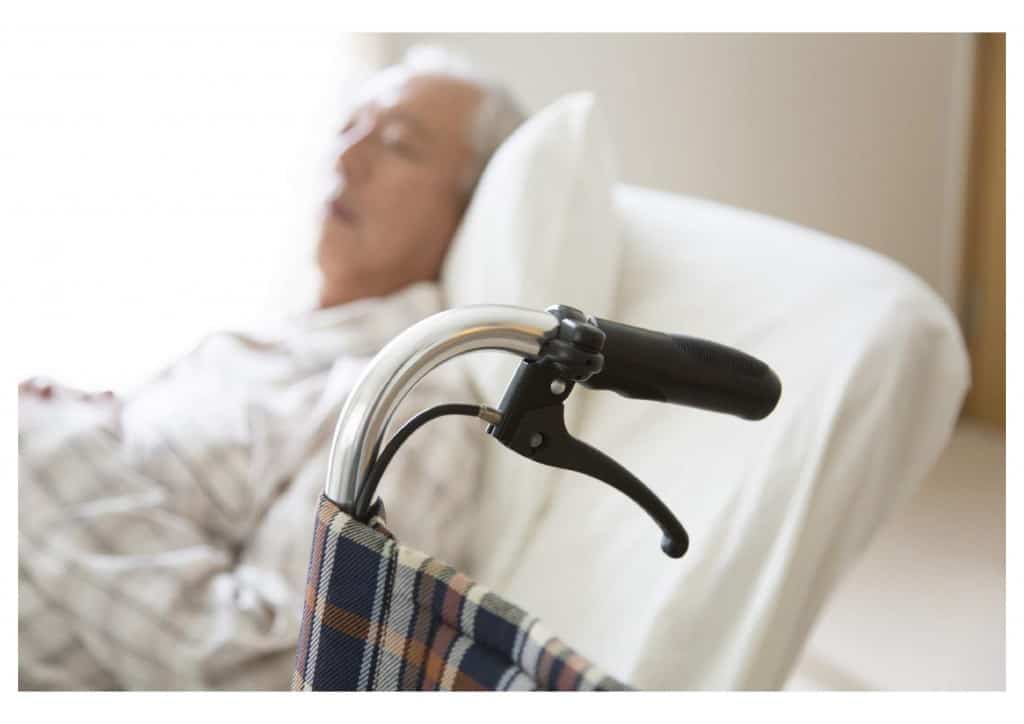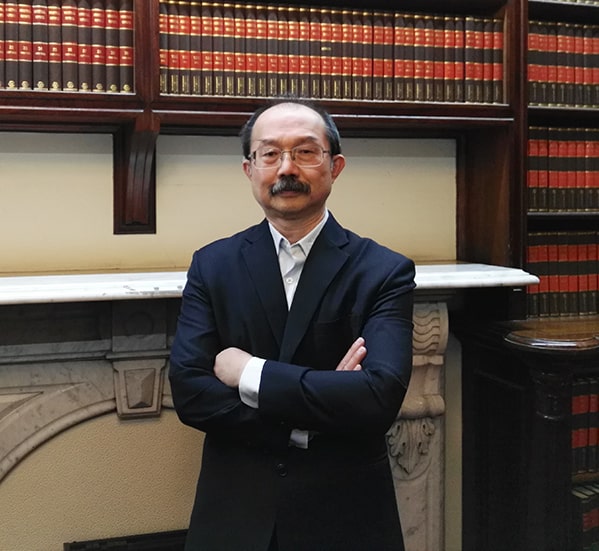
Medical treatment (subclass 602) or Medical treatment (class UB) (subclass 602): Who & How to apply
Foreigners can come to Australia on a medical treatment (subclass 602) visa for medical treatment at a medical centre or to support someone needing medical treatment or for them to donate an organ.
Medical treatment (subclass 602) visa is designed for people requiring medical treatment, including medical consultation, or to accompany a person who is seeking medical treatment, or to donate an organ, or to medically evacuated to or receive medical treatment in Queensland by a Western Province PNG citizen.
However, medical treatment (subclass 602) visa is not suitable for someone wanting to stay in Australia for more than 1 year unless the person needs ongoing medical treatment and is unable to leave Australia because of their medical condition, that is, unfit to depart.
What is considered to be medical treatment is broad, however it does not include alternative health care services, for example, homeopathy or surrogate motherhood. It can include all medical procedures, for example, conducting medical tests, surgery or in-vitro fertilisation (IVF) or donating ovary. It can also include minor or major life-saving or cosmetic consultation and surgery. You may be granted a medical treatment (subclass 602) visa regardless of whether you are able to obtain the medical treatment in your home country. However, the Department of Immigration (Department of Home Affairs) can consider the genuineness of you wanting to seek medical treatment in Australia by assessing the availability, affordability and the quality of the proposed treatment.
The Department of Immigration is not required to consider whether you are able to seek your medical treatment in your home country or another country. There is no requirement that the treatment must not be available in any country when granting you a medical treatment (subclass 602) visa. Having said, the Department of Immigration can, in a limited situation, consider the availability, cost and convenience of your medical treatment in other countries in the context of assessing your genuine medical treatment requirement. If this is the case, you will be required to provide additional evidence, unrelated to the availability of the medical treatment in another country.
To support your application for a medical treatment (subclass 602) visa, you should provide evidence of the medical treatment to be undertaken and where the treatment will be provided, and whether it is in a public or private medical centre.
Usually you are required to pay for your medical treatment, unless arrangements have been made by an organisation or a state/territory. In addition, your medical treatment must not disadvantage an Australian citizen or permanent resident, for example, the medical treatment you required is not in high demand, such as organ transplants (for example, bone marrow transplants) unless you are accompanied by an overseas donor and be able to access private dialysis.
You must show that you have access to adequate funds to cover your living expenses.
You must also demonstrate that you genuinely intend to stay temporarily in Australia to receive medical treatment and you are a genuine visitor. Who is a genuine visitor is not defined, but under policy, the term “visit” refers to the nature and duration of your proposed visit and your genuine intention to leave Australia at the end of your medical treatment plan, regardless of the outcome of your medical treatment or the prognosis of your medical condition.
If you required repeated medical treatment, you can apply for a new medical treatment (subclass 602) visa to return to Australia for further treatment.

No visa grant if:
As a general rule, the Department of Immigration will not usually grant a medical treatment (subclass 602) visa to those who intend to:
- remain in Australia as a mean of maintaining ongoing residence; or
- seek Protection (click here to learn more) or make refugee claims; or
- circumvent Australian migration laws; or
- work illegally; or
- study for longer than 3 months; or
- not to comply with the visa conditions.
In addition, the Department of Immigration may not grant you a medical treatment (subclass 602) visa if your health may be a threat to public health or your support person accompanying you do not meet the health requirement.
You can apply for the medical treatment (subclass 602) visa in Australia if your current or last substantive visa does not have visa condition 8503 or “no further stay”. However, you may request the Department of Immigration to remove this visa condition to enable you to make a valid application for the medical treatment (subclass 602) visa.
Usually a person who is in Australia and do not hold a substantive visa, or have a visa application refused, or had a visa cancelled is affected by what is known as section 48 bar (click here to learn more). However, section 48 bar does not apply to medical treatment (subclass 602) visa applicants unless section 46(1A) (click here to learn more) or section 46B (click here to learn more) apply.
If you are applying for a medical treatment (subclass 602) visa to come to Australia for a treatment that include palliative care, the Department of Immigration may not grant you the visa on the basis that your visit is not a genuine visit as it is unlikely that you will leave the country once you have arrived. The Department of Immigration is required to consider, among others, your ability to travel and to leave Australia, even if you want to leave but may not physically be able, as well as your life expectancy.
The Department of Immigration may not grant you a medical treatment (subclass 602) visa if you required continuous medical treatment over a long period even if you are physically and medically able to travel. Preferring to have your medical treatment in Australia is not enough unless there are exceptional circumstances.
Usually, the maximum visa stay period is less than 12 months unless there is a compassionate and compelling reason to grant your more than 12 months medical treatment (subclass 602) visa.
Australian migration law is complex and difficult to understand, contact our immigration lawyer for a consultation (fee applies) to help you decide if this visa is the best visa for you (click here to find out how an immigration lawyer or registered migration agent can help you). You may also refer to our FAQs for answers regarding visa application or visa cancellation by clicking here.


041 222 4020 or WeChat: AUDvisa
This article is not intended to be or taken as migration legal advice. The author of this article disclaims any liability for any action or omission on the information provided or not provided in this article. You should always consult an immigration lawyer or a registered migration agent to form an informed opinion on your immigration matter.



